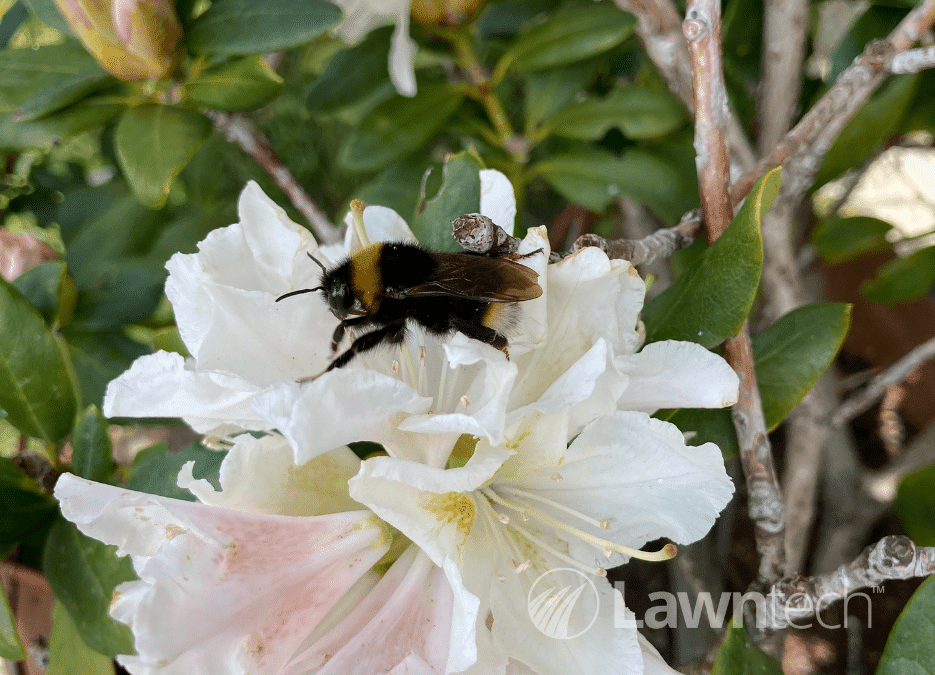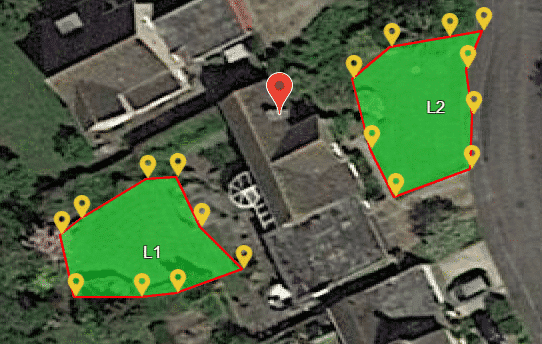As much as it is difficult to imagine a world without trees, much is said the same for our bees. These hard-working winged invertebrates have been around for millions of years, pollinating our plants and producing the sweet golden syrup we call honey.
Though only small, these clever critters hold a mighty role, as one of the major pollinators that are not only essential for our food production and food security, but they pollinate many of the trees and flowers that provide habitats for wildlife.
However here in the UK, and globally, bee populations are rapidly declining as they face the impact of climate change and habitat loss. These threats make for an unpredictable future for bees and many other pollinators who provide a vital service to our ecosystem.
World Bee Day on 20th May is an opportunity to put bees at the centre of national conversation and raise awareness of the importance of bees and beekeeping.
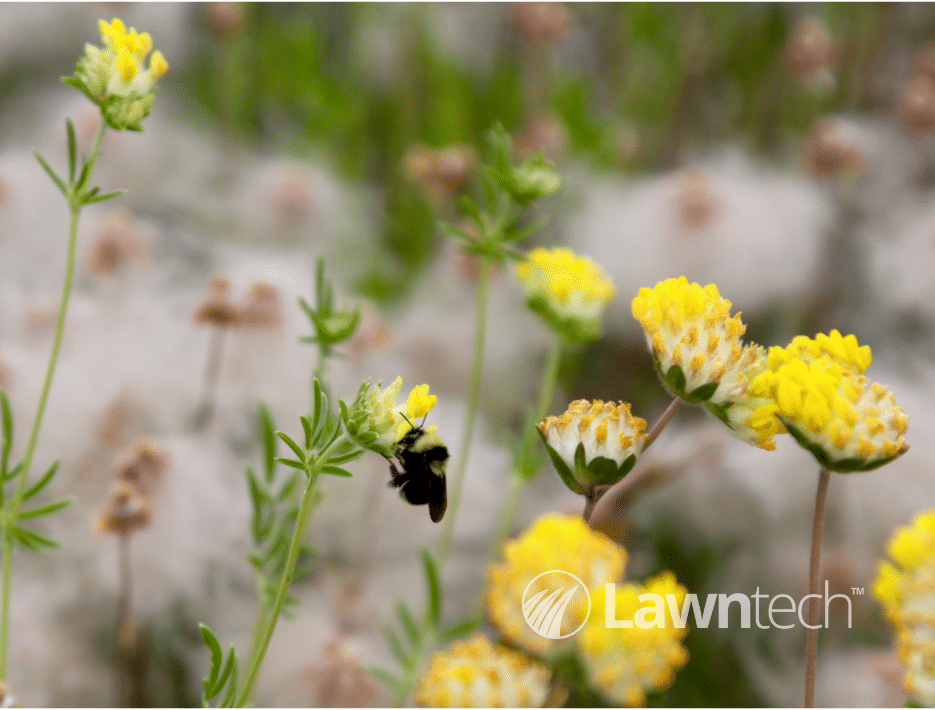
Dedicate space to wildflower in your garden to help bees in their forage for food and shelter.
How can we do our bit for bees?
With our bee population in trouble, there are many ways we can support these ingenious insects on our home soil here in the UK.
We’ve gathered some ‘bee friendly’ ideas to encourage the nation’s bee population to thrive:
Grow a Bee Garden
Whether big or small your garden or windowsills are the perfect place for planting your very own bee garden. Bees love to forage among flowers that offer them access to vital nectar (their source of carbohydrate) and pollen (their source of protein) but it’s important to plant something to suit your space, time, and interest. Traditional cottage flowers and native wildflowers such as primrose, buddleia, and marigolds are particularly popular.
If you have the space to save aside for a wildflower meadow, you can create a haven that’s buzzing with bees, pollinators and all forms of wildlife seeking food and shelter.
For those smaller spaces, patio pots and herbs in planters will help our bees in their hunt for the essentials they so desperately need.
Create a bee hotel
Help bees in their lost habitats with a bee hotel. Britain has around 200 species of solitary bees and these species aren’t like honeybees who live in hives. As their names suggests they make their own nests and lay their eggs in tunnels of dead wood or hard soil. Collect nesting materials such as lengths of bamboo, hollow plant stems, bunches of dried twigs and grasses to create a 5-star accommodation that’s fit for a bee.
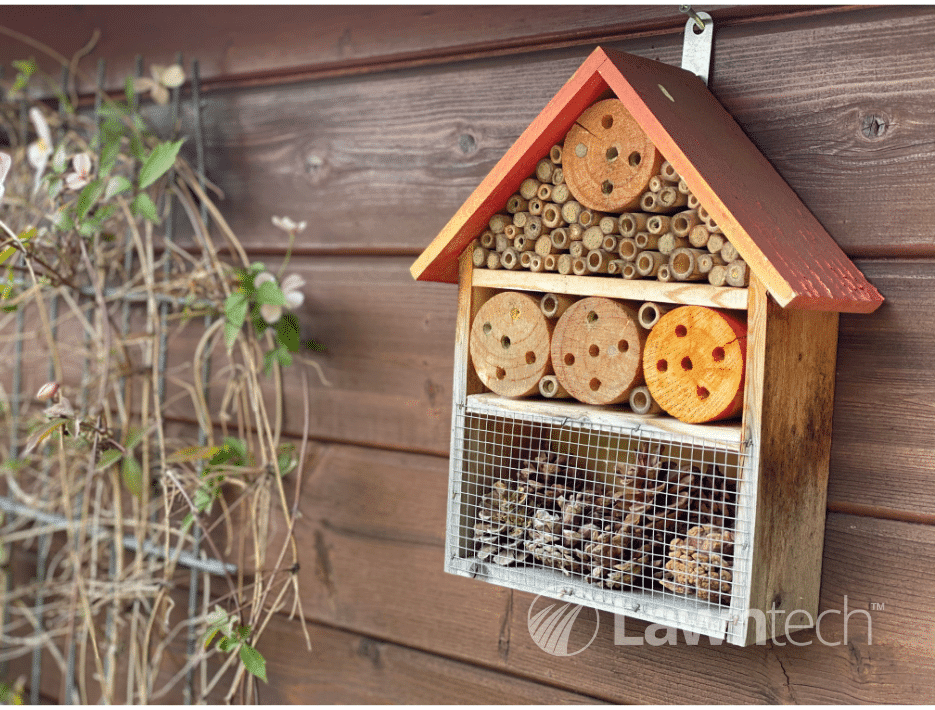
A bee hotel in your garden can provide shelter to bees and other insects seeking refuge.
You can find an activity sheet here from the WWF (World Wide Fund For Nature) with easy steps to creating your very own bee hotel.
Sweets for my sweet, sugar for my honey‘bee’
Busy bees often get tired, and if you spot a tired bee, a tiny bit of sugar (never honey!) will give them their buzz back. A mix of two teaspoons of white granulated sugar with one teaspoon of water in a small, shallow dish or dripped onto a flower, will revive a tired bee so that they can soon be back to ‘buzziness.’
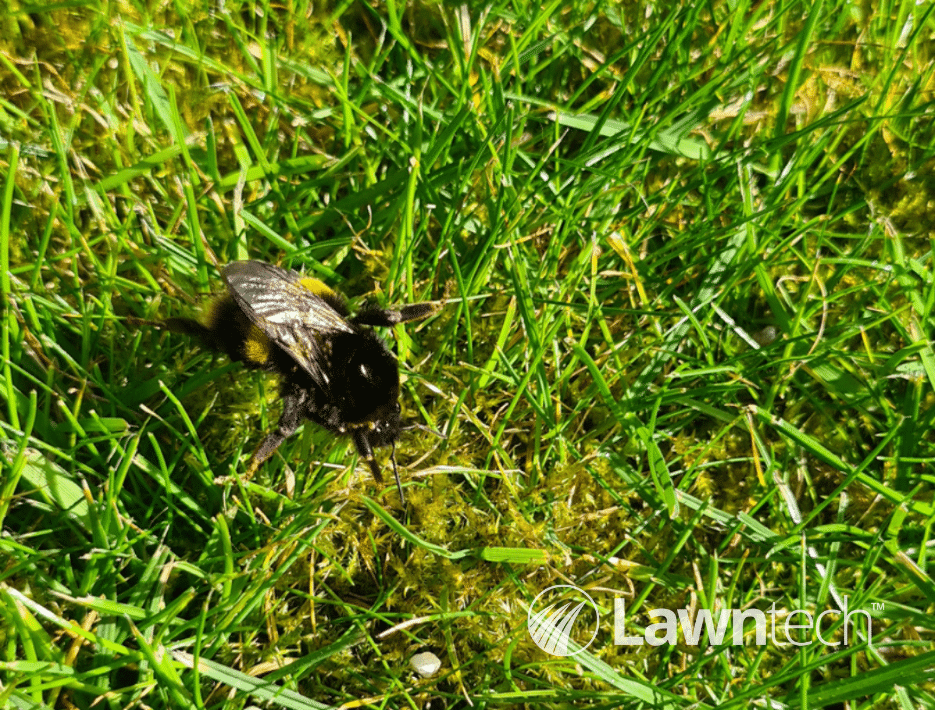
Let it bee: Bees need rest just like we do, so if you see a bee on the ground it’s likely resting and it’s best to just let it be. For tired bee’s a little sugar with water will help to refresh them.
Get to know your local beekeepers
Beekeepers maintain and manage colonies of honeybees to produce honey as well as to provide pollination services. When it’s done right, beekeeping is a great way to help boost our number of bees by adding healthy bees back into the population. Essential for both the health of people and the planet, the role of bees as pollinators makes them vital for food supplies.
Supporting your local beekeeper in their nurture and care for the nation’s honeybees, not only allows you to enjoy locally made honey, who’s flavour you’ll find is far more superior to anything you’ve tried in the past, but you’ll also be helping the world’s most important pollinators.
And if you’re looking for a new hobby, look no further as beekeeping comes with endless benefits and rewards. Host your own hive, harvest sweet honey, and give our bees that helping hand they so crucially need. That’s something to buzz about! Visit The British Keepers Association and find out more.
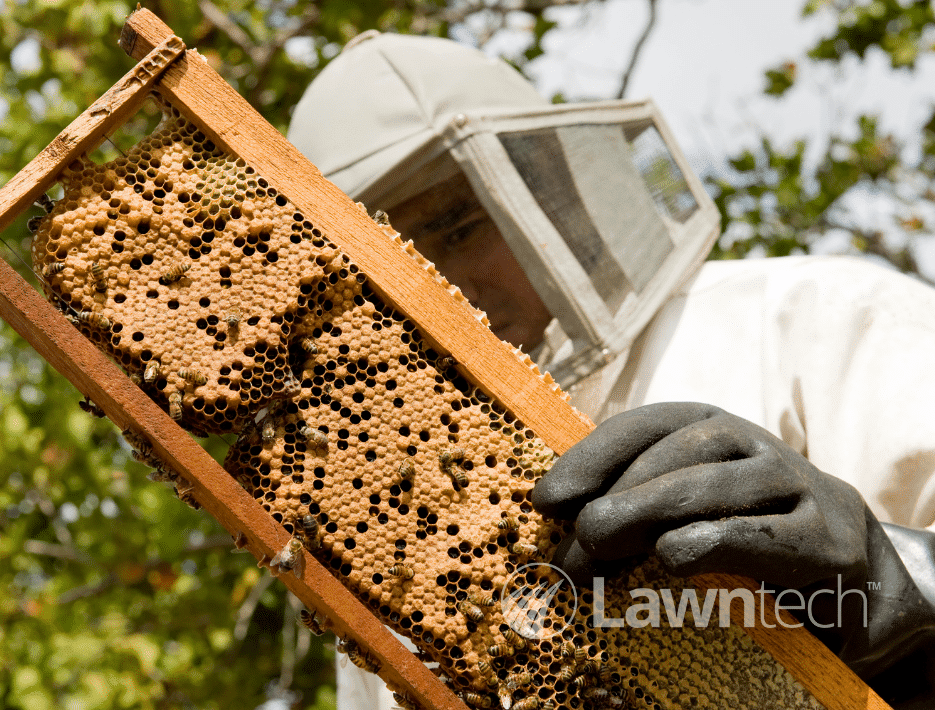
Get to know your local beekeeper and support this important industry helping our bees.
Here at Lawntech, we are proud to have an advocate for supporting wilder areas of wildflower to accommodate our nations wildlife and our supply company, The Lawn Store, have quality wildflower turf available to purchase through their website.
You can also go organic with our 100% natural Organic Annual Lawn Care Programme. To find out more about our services, contact us or obtain an instant no obligation quote today!

